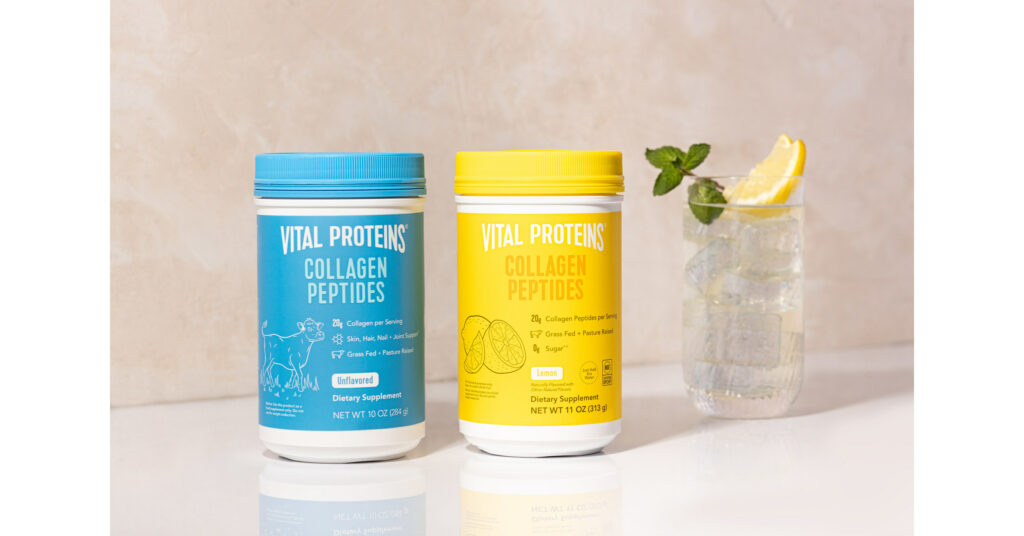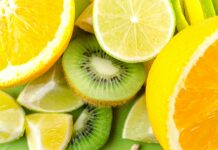What is collagen?
Collagen, a protein that serves as a fundamental component of bones, muscles, tendons, ligaments, and skin, can be obtained through gelatin – a tasteless powder extracted from animal bones. Rich in protein and amino acids, gelatin offers a wide range of health advantages, particularly for skin, hair, digestion, and joint health.
Despite its dietary significance dating back to ancient times, with collagen being a staple in bone broths and animal parts such as ox tail and head cheese, gelatin is often overlooked as a source of collagen in modern diets. As a result, most people are deficient in this crucial protein.
How does it promote health?
Collagen, a vital protein in the body, provides numerous health benefits for different body functions.
Skin Health
Gelatin and collagen hydrolysate, which are rich sources of dietary collagen, help build and strengthen the connective tissues that give skin its firmness and elasticity. This contributes to reducing wrinkles, stretch marks, and cellulite, caused by collagen depletion through aging. Additionally, collagen supports the health of nails, teeth, and hair.
Digestive Health
Collagen plays a significant role in aiding digestion, promoting nutrient absorption, and fortifying the gut lining, which is critical in treating leaky gut syndrome. This condition is responsible for many food allergies and intolerances. Collagen also regulates metabolism and insulin sensitivity, aiding in weight management.
Bone and Joint Health
Collagen has long been acknowledged for its ability to support joint health and is often added to supplements to treat arthritis. The anti-inflammatory properties of collagen offer immediate relief, and over time, it contributes to healing.
The best sources of collagen

Given that collagen is a component of animal connective tissue, it is inherently non-vegan. Although beef bones are the most common source of collagen, pescatarians can opt for marine collagen, which is extracted from fish scales.
It is essential to choose collagen products that are sustainably and ethically produced, just like any other animal product.
Vital Proteins is a highly recommended brand of collagen, thanks to its sourcing from humanely-raised grass-fed cattle and wild-caught fish.
Adding more to your diet
Adding collagen to your diet is a breeze because it is a tasteless powder that blends seamlessly into most foods. Collagen is readily available online and in natural food stores, provided it is sourced from humanely and sustainably raised animals.
It’s important to note two types of collagen products:
- Gelatin dissolves effortlessly in warm liquids and causes the liquid to gel as it cools.
- Collagen hydrolysate (also known as collagen peptides) dissolves in warm or cold liquids and doesn’t alter the texture of the recipe.
Nutritionally, both forms of collagen are equivalent, but collagen hydrolysate undergoes an enzymatic process to break down amino acid bonds, rendering it easier to digest. As a result, it is more beneficial for people with digestive issues and is commonly used in collagen supplements.
Determining the right quantity for your diet
The amount of collagen that should be supplemented in your diet varies depending on your personal health objectives and your existing diet. If you regularly consume collagen-rich animal products, you may not require as much supplementation. However, most adults should aim for a daily intake of 10-30 grams. (One scoop of Vital Proteins is approximately equivalent to that.)



